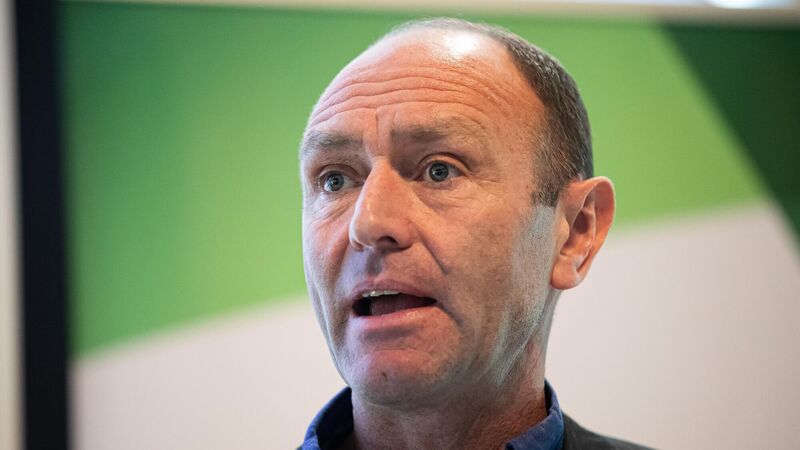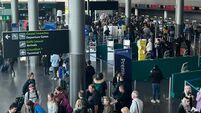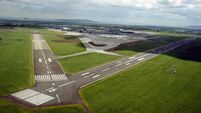Dublin Airport operator claims charges are 'too low'

'If we have a modest increase in charges, all of that would go back into making the airport better for passengers,' said daa boss Kenny Jacobs.
Daa’s chief executive Kenny Jacobs suggested he remains committed to planned charge increases, which may fuel further tension between the airport operator and Ryanair.
Following the publication of its annual results, the Cork and Dublin Airport operator said charges “are too low” in Dublin when compared to airports in other European countries.















